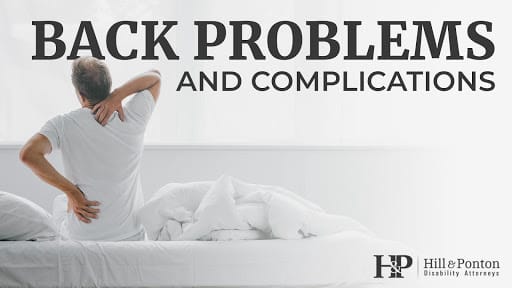Dementia affects nearly half a million American veterans in the form of Alzheimer’s, and that number is only expected to grow.
This is especially true for those who are over the age of 65.
Understanding how the VA assesses and rates dementia is crucial for veterans and their dependents seeking to claim disability benefits due to this debilitating condition.
What is Dementia?
Dementia refers to a decline in cognitive function due to damage or disease in the brain beyond what might be expected from normal aging.
It impacts memory, thinking, orientation, comprehension, calculation, learning capacity, language and judgment.
Common types of dementia include:
- Alzheimer’s disease
- Lewy Body dementia
- Frontotemporal dementia (FTD)
- Vascular dementia
Recognizing the Signs of Dementia
Veterans with dementia, or loved ones who may believe they could be experiencing symptoms, should look for a wide variety that impact day-to-day life.
Some of the most common include:
- Memory loss
- Confusion and disorientation
- Difficulty communicating
- Personality changes
- Decreased ability to perform daily tasks
These symptoms not only affect a veteran’s ability to live independently but also their interactions with family and community.
How does the VA Rate Dementia?
The VA disability ratings for dementia are determined based on the severity of the condition and its impact on a veteran’s life.
The ratings are as follows:
- 0% Rating: Early stages, with no significant impact on work and social life.
- 10% Rating: Minimal impact, with symptoms controlled by medication.
- 30% Rating: Early to moderate stages, symptoms include depression and sleep disruption.
- 50% Rating: Reduced ability to perform daily activities, noticeable mood and behavior changes.
- 70% Rating: Neglect of personal care, significant mood changes.
- 100% Rating: Severe symptoms including hallucinations, complete disorientation and inability to care for oneself.
Establishing a Service Connection for Dementia
To receive VA benefits for dementia, veterans must prove that the condition is connected to their military service.
Secondary Service Connection for Dementia Claims
Dementia often doesn’t exist in isolation and can exacerbate or contribute to the development of other health issues, which may qualify as secondary conditions under VA disability claims.
Recognizing and documenting these conditions is important because they can significantly impact a veterans overall health, and may increase VA disability ratings and total compensation.
Common secondary conditions associated with dementia include:
- Depression: Emotional distress stemming from cognitive decline.
- Anxiety: Increased anxiety due to changes in brain function and awareness of deteriorating cognitive abilities.
- Psychotic Disorders: Such as hallucinations or delusional thinking, often found in later stages of dementia.
- Mobility Issues: Resulting from balance and coordination problems, which can lead to falls and injuries.
- Insomnia or Sleep Disorders: Difficulty sleeping due to changes in the brain, affecting overall health.
- Malnutrition: Difficulty in maintaining proper nutrition due to forgetfulness or inability to prepare meals.
- Chronic Pain: Can be related to falls or the inability to properly express specific health issues.
Consider Total Disability Based on Individual Unemployability (TDIU) for Dementia
Veterans who are severely impacted by dementia symptoms that prevent them from maintaining employment may qualify for TDIU, allowing them to receive benefits at the 100% disability rate.
To learn more about TDIU and the benefits you could receive, check out our guide below.

Click here to learn all you need to know about IU benefits.
Cassandra Crosby, an Accredited Agent and claims advocate for Matthew Hill & Shelly Mark’s teams, reviewed the information provided in this post.




